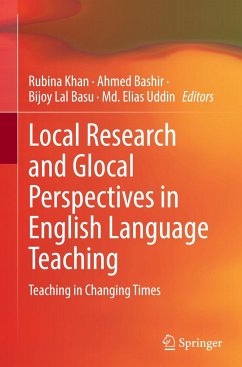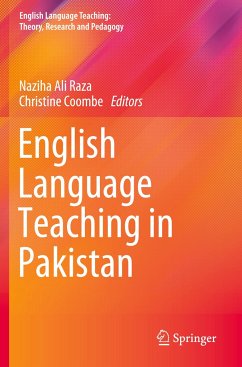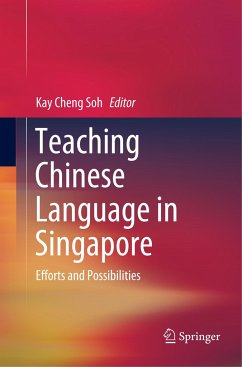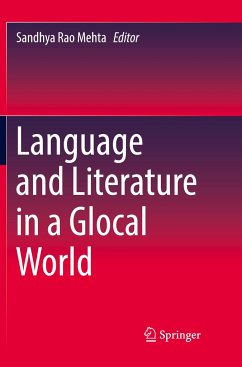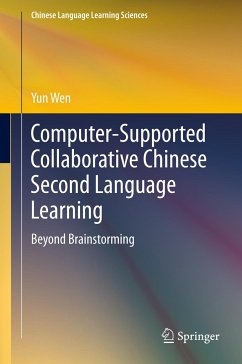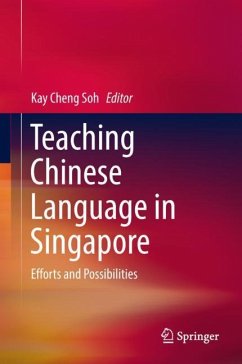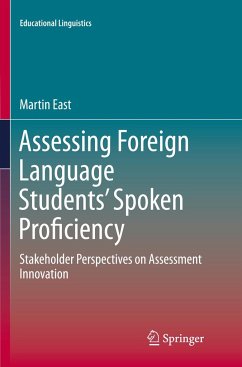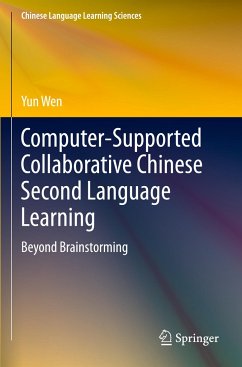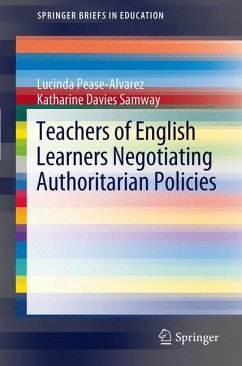Rubina Khan is Professor at the Department of English, University of Dhaka, Bangladesh. She has a Ph.D. in English Language Teaching (ELT) from the University of Warwick, and an MA in TESOL from the University of Northern Iowa, USA. With experience in teaching, research, and assessment, she has published extensively and presented at national and international forums. Her current areas of interest include teacher professional development and leadership skills. She is President of the Bangladesh English Language Teachers Association (BELTA). Ahmed Bashir is Professor at the Department of English, University of Dhaka, Bangladesh. He has an MA in Applied Linguistics & English Language Teaching (ELT) from the University of Dhaka, and a second MA in TESOL from the University of Nottingham, Malaysia Campus. His areas of interests include language learning/teaching strategies, learner autonomy, educational technology, and language testing and assessment. He is theGeneral Secretary of the Bangladesh English Language Teachers Association (BELTA). Bijoy Lal Basu is Associate Professor at the Department of English, University of Dhaka, Bangladesh. He has a PhD in Curriculum and Pedagogy from King's College London and an MA in TESOL from the UCL Institute of Education. He has co-authored Endeavour: An introductory language coursebook (2014) and published articles in journals including TESL EJ and Asia TEFL. His research interests include ELT curriculum and pedagogy, teacher education, pragmatics and discourse studies. Md. Elias Uddin is Assistant Professor at the Department of English, University of Dhaka, Bangladesh. He has an MA in Applied Linguistics and English Language Teaching (ELT) from the University of Dhaka. His areas of interest include educational assessment, materials design and development, and teacher education.







